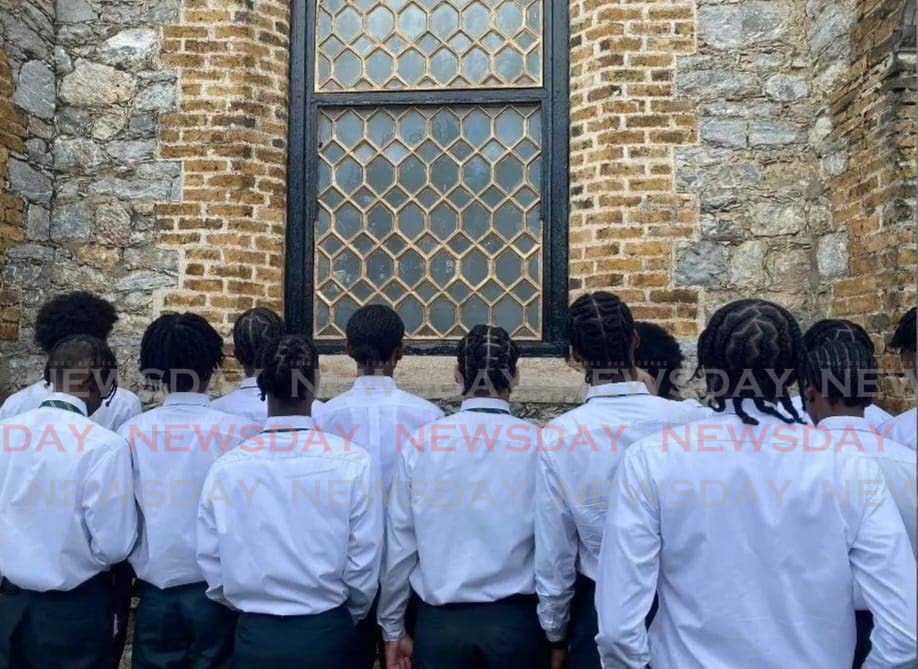Reconsidering 'good' hair

On Thursday, the Minister of Education announced plans for a new hair code for the 2023/2024 academic term. Discussions with stakeholders followed an incident in June at Trinity College, Moka's graduation ceremony.
We briefly revisit that students wearing hairstyles or clothing that didn't adhere to the school's policies were barred from crossing the stage with their peers. The circumstances of the situation were nuanced. The students were warned beforehand that breaches of the school rules would have consequences. The affected boys were allowed to graduate after the formal ceremony.
The incident triggered outrage and widespread national discussion about what is a "good" presentation of Afro-Trinidadian hair.
There's no question that sensible and well-articulated school rules should be adhered to and discipline enforced when there are flagrant infractions.
But lost in the graduation furore was the fact that some students from other ethnic groups also did not cross the stage during the ceremony because of broken rules, including issues with grooming.
Dr Nyan Gadsby-Dolly has sensibly taken a middle course on the issue, announcing an expansion of the scope of officially allowed hairstyles at state-run schools while inviting denominational schools to consider the new rules and align with the proposed National Hair Code.
What's allowed remains focused on neat and tidy grooming, while allowing some scope for individualism, though style-driven excesses remain barred.
Dr Gadsby-Dolly is known for her bold presentations of her natural hair, so some empathy is to be expected from the minister, particularly when it comes to the relationship between kinky natural hair and identity. To be clear, the hairstyles approved by Trinity College for its students are also about a particular kind of identity and the school board must consider whether the narrow, extremely conservative range of grooming standards on which it insists are reflective of a growing national appreciation of ethnic pride and heritage.
Some of the more vocal concerns about the incident fretted about a retreat from perceived wins for self-expression and religious freedoms in public, which include the acceptance of everything from locks in Rastafarian culture to wearing the hijab as facets of a tolerant multicultural nation.
Responding to the furore, Trinity's school board noted in a statement that it was willing to discuss the matter and consider solutions that are "consonant with good order and changing norms." Hair is expression. Hair is personal identity. Hair is tradition. Hair is heritage. It's reasonable to expect that hair should be controlled and neat in the environment of a school. It is not, after all, a fashion show.
But tone-deaf attempts to control this fundamental form of self-expression threaten to run counter to the essential national aspiration that Trinidad and Tobago is a country where all can find an equal place.


Comments
"Reconsidering ‘good’ hair"